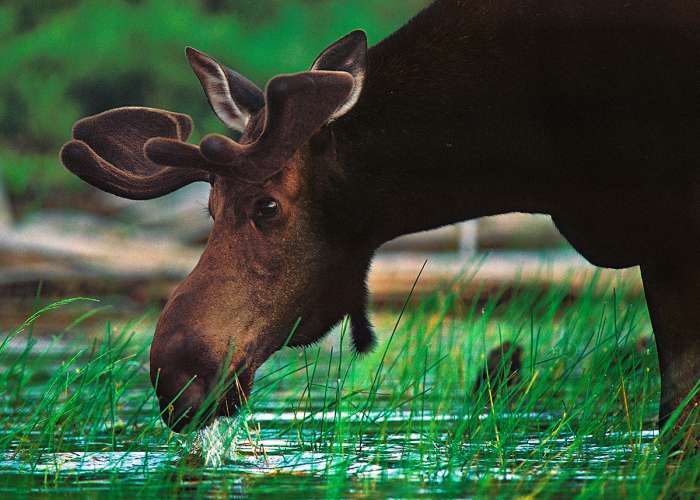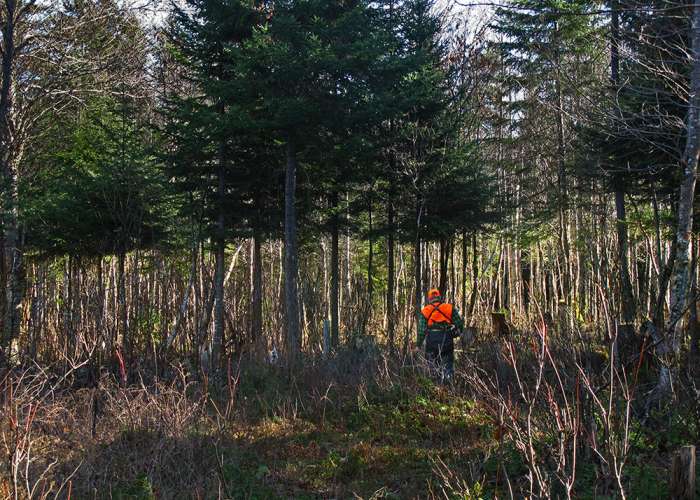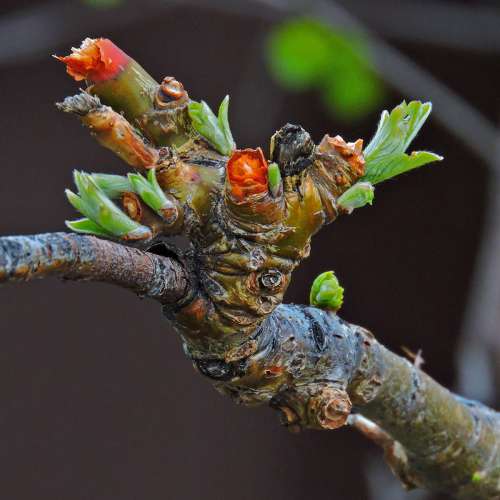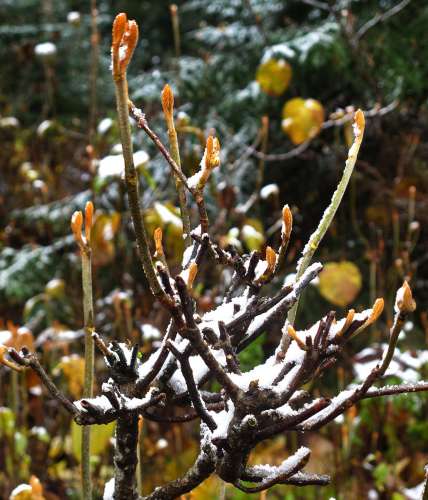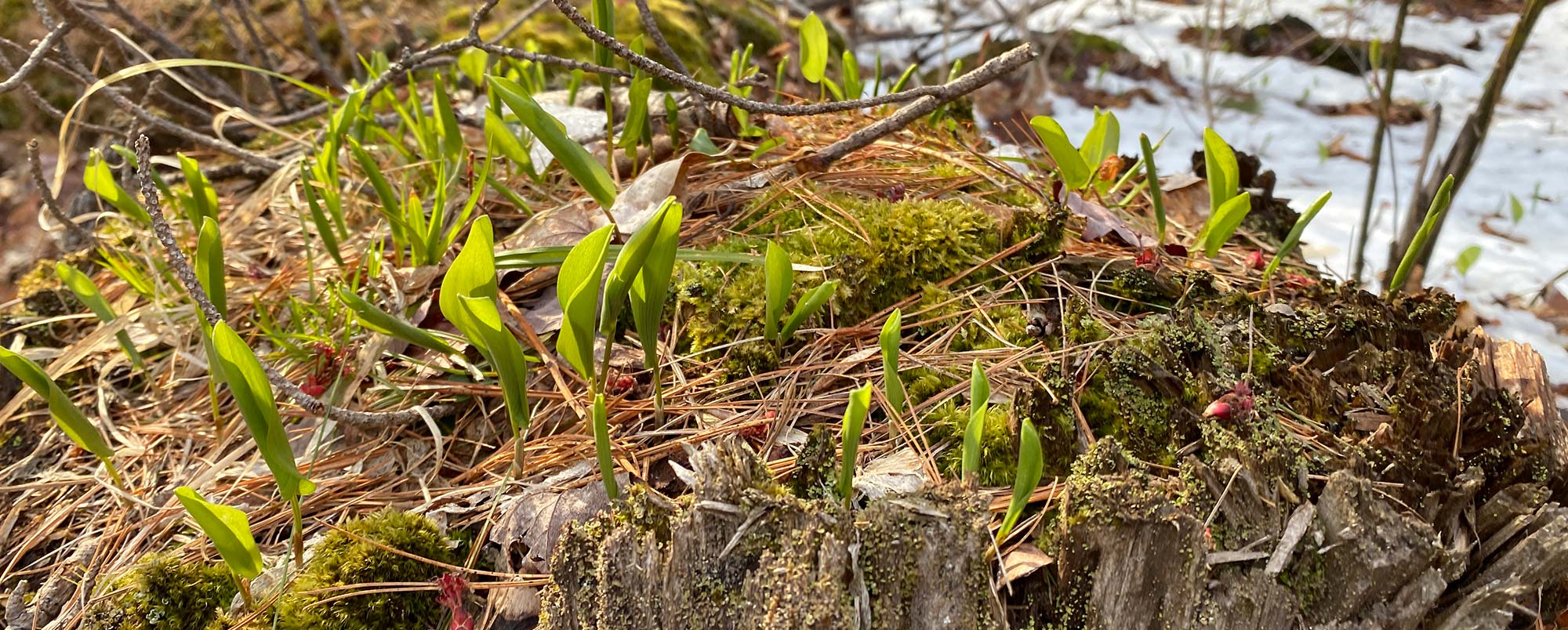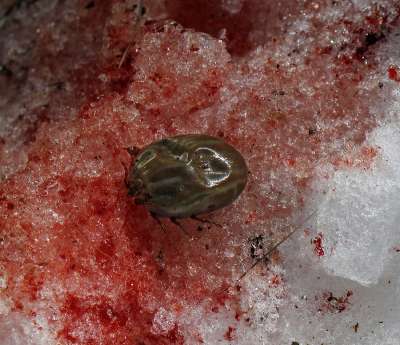
While performing field necropsies on moose, Maine biologist Lee Kantar has observed as many as 90,000 winter ticks on a single victim. Such moose are anemic and malnourished. With vital fat reserves depleted, critical organ systems shut down and the animals die.
Tick epidemics – coupled with losses to disease, brainworm, and other parasites, and food shortages in overbrowsed areas – have created a tipping point for moose. In many areas, mortality is greater than reproduction. Cow moose, weakened by winter ticks, struggle to nurse healthy calves, much less to replenish and build the fat reserves needed to conceive their next offspring.
Despite all the depressing data, Kantar harbors some hope – but he is cautious. He’s curious and somewhat optimistic that in Maine’s northernmost “core range,” 30 years of dressed weight and antler mass fitness statistics have remained unchanged. And there’s evidence that when you reduce the number of moose in a tick-infested area, you might be able to reduce the severity of future tick infestations. He and other scientists are planning to use hunting as a management tool in a select unit to do just that. The goal is to create conditions in which smaller numbers of moose and ticks might better coexist in the future. In the meantime, it appears that as moose populations have fallen, over-browsed forests have begun to recover. With abundant and nutritious terrestrial and aquatic plant foods, smaller populations of moose could thrive once again.
